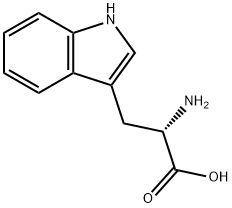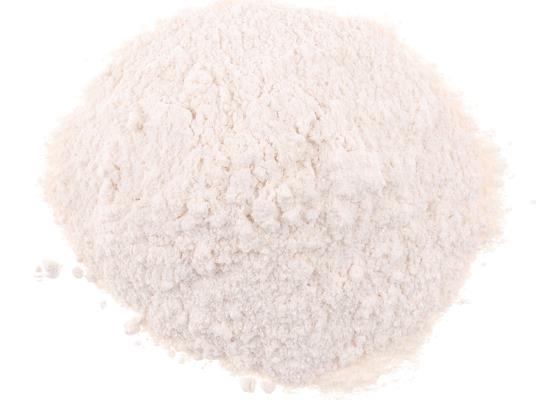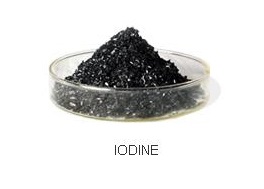L-Tryptophan:Mechanism of action,Safety concerns
L-tryptophan is an amino acid. Amino acids are protein building blocks. L-tryptophan is called an "essential" amino acid because the body can't make it. It must be acquired from food.
People use L-tryptophan for some mental health disorders, to help quit smoking, for athletic performance, and for emotional symptoms in people with premenstrual dysphoric disorder (PMDD), but there is no good scientific evidence to support many of these uses. There is also concern that using L-tryptophan might cause a condition called eosinophilia-myalgia syndrome (EMS).
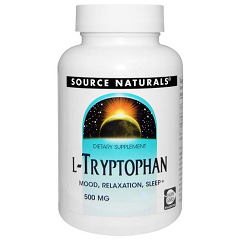
Effectiveness
Possibly effective for...
Premenstrual dysphoric disorder (PMDD). Taking 6 grams of L-tryptophan per day seems to decrease mood swings, tension, and irritability in women with PMDD.
To help people quit smoking. Taking L-tryptophan seems to help people quit smoking when used with conventional treatment.
Mechanism of action
L-tryptophan is naturally found in animal and plant proteins. L-tryptophan is considered an essential amino acid because our bodies can't make it. It is important for the development and functioning of many organs in the body. After absorbing L-tryptophan from food, our bodies convert it to 5-HTP (5-hyrdoxytryptophan), and then to serotonin, melatonin, and vitamin B6 (nicotinamide). Serotonin is a hormone that transmits signals between nerve cells. It also causes blood vessels to narrow. Changes in the level of serotonin in the brain can alter mood. Melatonin is important for sleep and vitamin B6 is essential for energy metabolism.
Safety concerns
L-tryptophan is POSSIBLY UNSAFE when taken by mouth as a medicine. It has been linked to over 1500 reports of eosinophilia-myalgia syndrome (EMS) and 37 deaths. EMS is a neurological condition with symptoms that include fatigue; intense muscle pain; nerve pain; skin changes; baldness; rash; and pain and swelling affecting the joints, connective tissue, lungs, heart, and liver. Symptoms tend to improve over time, but some people may still experience symptoms up to 2 years after they develop EMS. Some people report that their symptoms have never gone away completely.
Side effects
L-tryptophan can cause some side effects such as heartburn, stomach pain, belching and gas, nausea, vomiting, diarrhea, and loss of appetite. It can also cause headache, lightheadedness, drowsiness, dry mouth, visual blurring, muscle weakness, and sexual problems.
Special precautions & warnings
Pregnancy and breast-feeding: L-tryptophan is LIKELY UNSAFE in pregnancy because it may harm the unborn child. Not enough is known about the safety of L-tryptophan during breast-feeding. Avoid using L-tryptophan during pregnancy and breast-feeding.
A white blood cell disorder called eosinophilia: L-tryptophan might make this condition worse. L-tryptophan has been associated with the development of eosinophilia-myalgia syndrome (EMS).
Liver or kidney disease: L-tryptophan might make these conditions worse since it has been associated with the development of eosinophilia-myalgia syndrome (EMS).
You may like
Related articles And Qustion
See also
Lastest Price from L-Tryptophan manufacturers
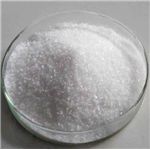
US $5.00/kg2025-11-03
- CAS:
- 73-22-3
- Min. Order:
- 1kg
- Purity:
- 99%
- Supply Ability:
- 300tons

US $0.00-0.00/Kg/Drum2025-04-21
- CAS:
- 73-22-3
- Min. Order:
- 1KG
- Purity:
- 98.5%-101.5%
- Supply Ability:
- 10 TONS
